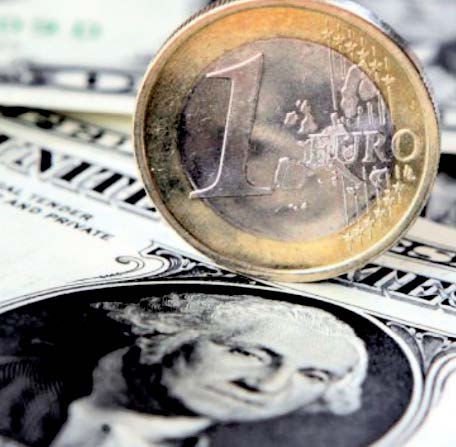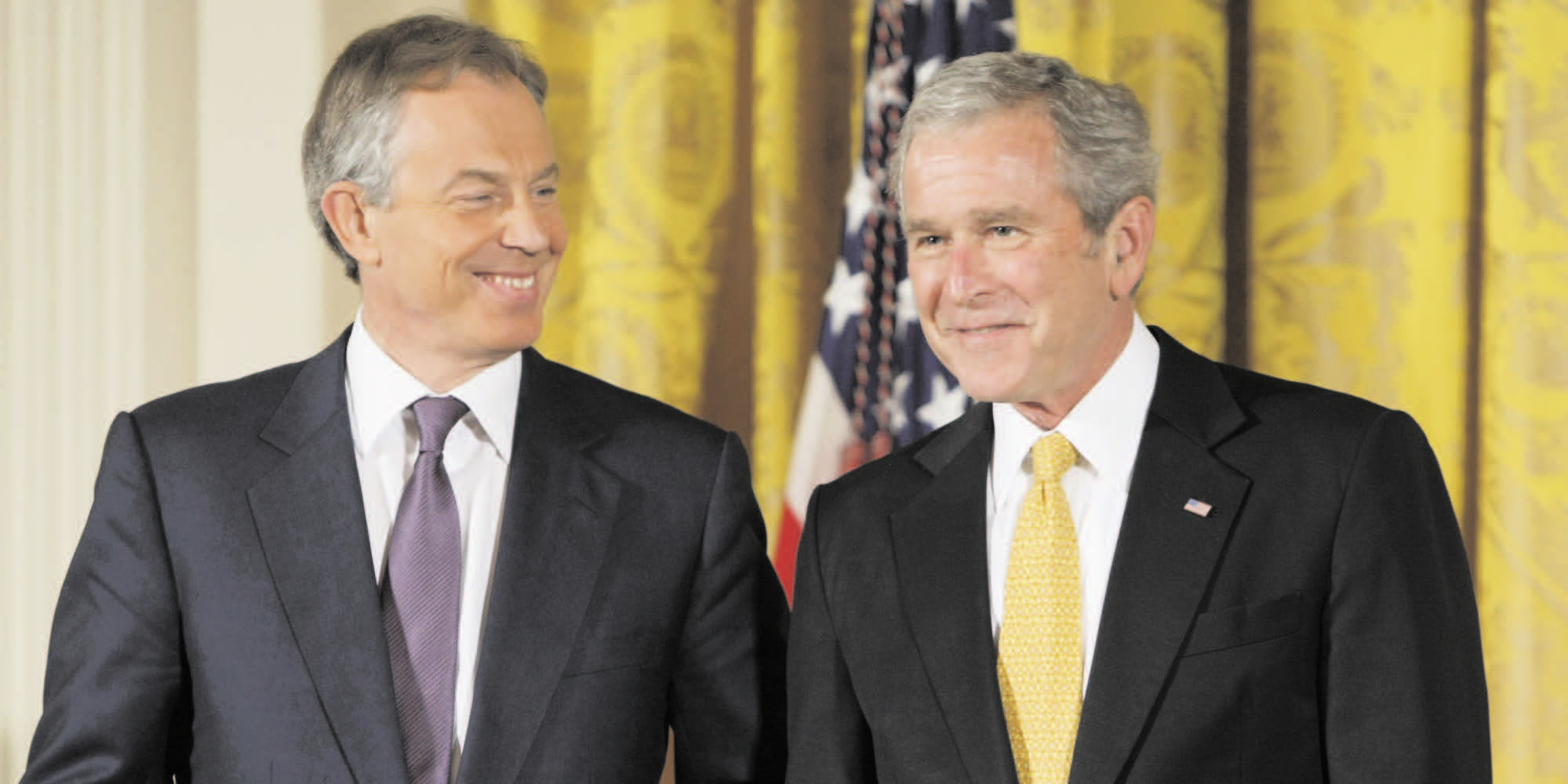
NEW YORK (TIP): The pound and the euro extended gains on Wednesday but remained far below their levels before Britain voted last week to quit the European Union.
Financial markets that had reeled after last Thursday’s EU exit vote rebounded for a second straight day as fears about Brexit‘s impact on the global economy receded.
“The pause in the selling in nearly all risk assets following the UK’s historic move to leave the European Union appears to be more of a period of market consolidation rather than any meaningful improvement in underlying conditions,” Omer Esiner of Commonwealth Foreign Exchange said.
The dollar, which had surged earlier in the week as investors sought a haven, broadly eased back.
The euro rose to $1.1124 around 2100 GMT from $1.1065 at the same time Tuesday. The pound rose 0.9% against the dollar to $1.3455. It gained 0.3%against the euro at 82.67 pence.
Stephen Innes, senior trader at OANDA Asia Pacific, warned: “This relative calm is unnerving, given how fragile investor sentiment is, and the likelihood of renewed (pound) volatility.
“As a result, FX markets should remain a hot spot for the foreseeable future. Liquidity is gradually improving and appears to have weathered the initial Brexit sell-off.”
Global stocks gain as Brexit nerves settle
European and Asian stock markets built on a recovery from the shattering aftermath of last week’s Brexit vote on Wednesday as investors wagered central banks would ultimately ride to the rescue with more stimulus.
UK and European banks, a center of concern since Britain shocked global financial markets on Friday by voting to leave the European Union, were broadly higher, extending a recovery from two days of trading which knocked almost 40 per cent off Barclays and RBS.
Sterling and the euro, the other big victims on Friday and Monday, gained around 0.4 per cent respectively against the dollar. That put the pound 2 cents off Monday’s 31-year lows after falling some 18 cents from Thursday night. Stock markets in Frankfurt, Paris and London all gained more than 1.5 per cent in early deals while the pan-European index of major banks was up 3 per cent.
Traders say the better mood was part the result of a swing in expectations towards easier monetary policy over the next six months, and part hopes that Britain will remain closely integrated with Europe whatever deal is done.
“Expect lots of mood swings ahead as the prevailing mood changes but there was definitely an air that full Brexit wasn’t necessarily a done deal yesterday,” Deutsche Bank analyst Jim Reid said in a morning note.
MSCI’s broadest index of Asia-Pacific shares outside Japan rose 1.0 per cent to recoup around one-third of Friday’s stinging loss. Japan’s Nikkei climbed 1.6 per cent, while Australian stocks added 0.8 per cent. Britain’s 27 partners meet without on Wednesday the UK to discuss how to respond to a Brexit and are expected to launch a period of reflection, culminating in a set of EU reform proposals to be unveiled by March of next year.
Yet Britain’s course out of the EU remains unknown, leaving the future of the entire bloc and its currency an open question.
“The only certainty in Europe is uncertainty,” analysts at ANZ said in a note. “European leaders appear to want to move forward with Brexit plans as quickly as possible, but political turmoil within Britain suggests a quick turnaround is unlikely,” they wrote.
Sterling, down as much as 9 per cent in trade-weighted terms on Monday compared to before the vote results, stood at $1.3397, compared to the 31-year low of $1.3122. The euro rose to $1.1064, while the dollar steadied at 102.33 yen.
The first Federal Reserve policymaker to comment since the vote, governor Jerome Powell, said it had shifted global risks “to the downside”. That only reinforced market expectations the Fed will no longer be able to hike US rates this year, and could even be forced to cut if the domestic economy falters.





Be the first to comment